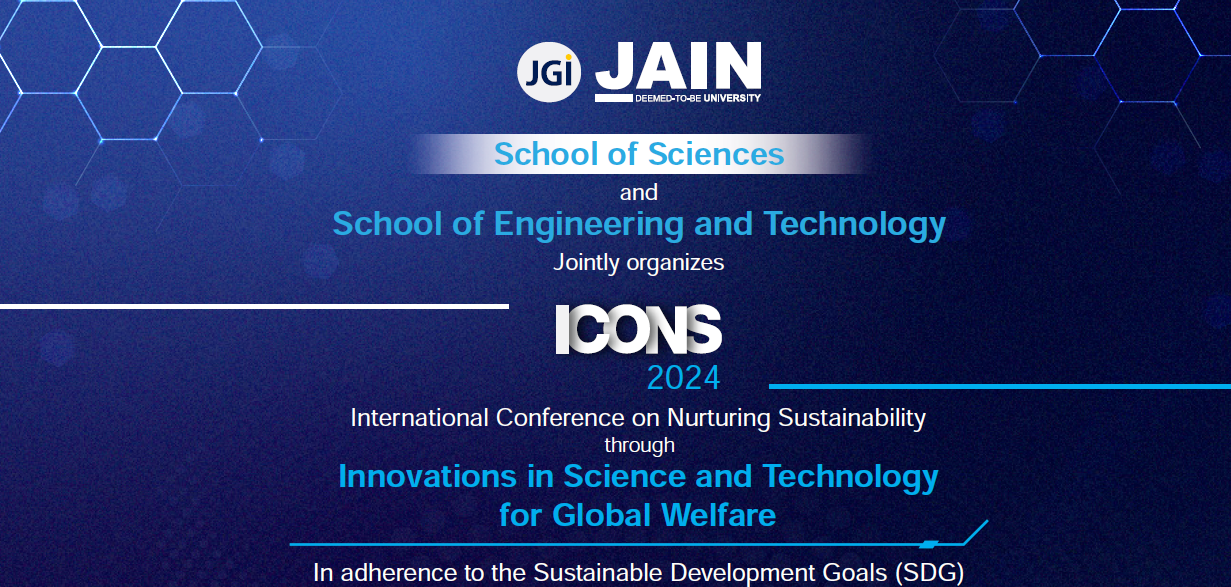Speakers
Description
Studies on the psychological elements influencing pro-environmental behavior have been spurred by the recent focus on sustainable living. This study looks into the relationship between young people's attitudes about sustainability and the Indian philosophy-based Triguna Personality Theory. According to Triguna theory, there are three forms of personality: Rajas (activity and passion), Sattva (purity and harmony), and Tamas (ignorance and fear) (Dhulla, 2011; Kakkar et al., 2022). People who have a dominant Sattva guna are thought to have more sustainable attitudes than people who have a prominent Rajas or Tamas guna. The study will target young adults between the ages of 18 and 30 and use a cross-sectional survey method to gather data on their attitudes using the Sustainability Attitudes Scale (Zwicke & Jonas, 2008) and the Vedic Personality Assessment (Wolf, 1999). The goal of the research is to create sustainable behavior by fusing contemporary psychological insights with conventional frameworks such as Triguna theory. This approach may prove advantageous in the creation of focused therapies for various personality types. The study's implications include the possibility that the knowledge gathered from it will be useful in the development of targeted therapies intended to promote sustainability among different personality types.
Keywords: Triguna Theory, Sustainability Attitude, Young Adults, Personality, Pro-environmental Behavior

